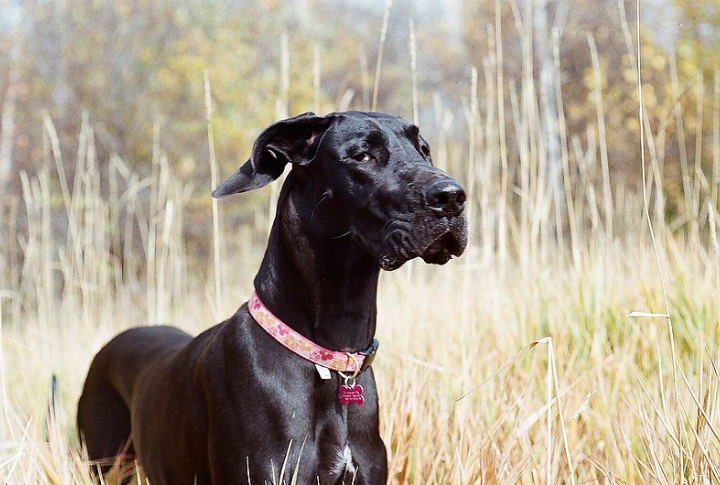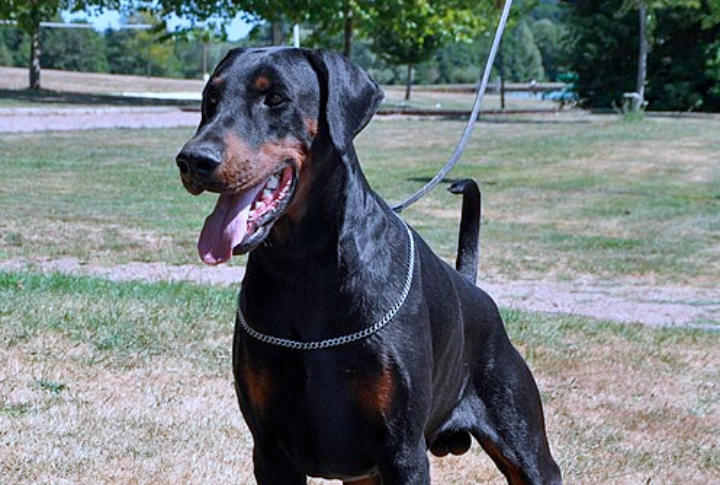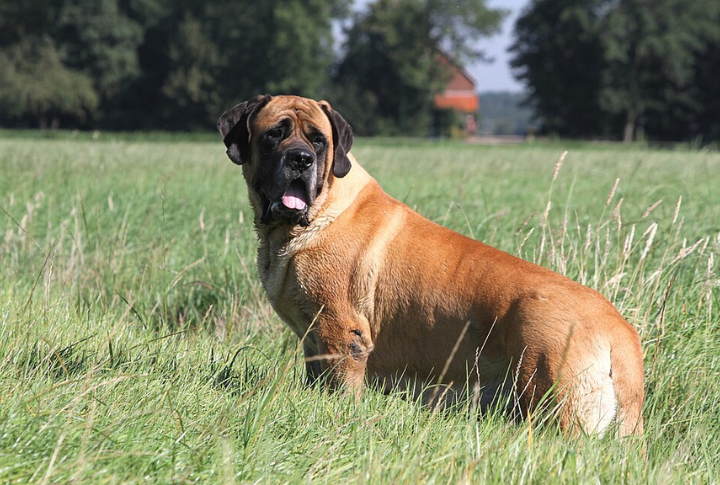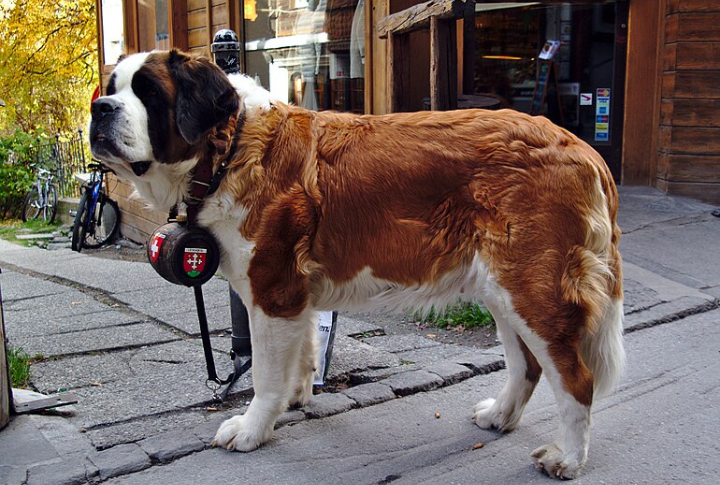Animals
Health Issues Faced By 10 Well-Loved Big Dogs In The US

Big dogs win hearts fast. They’re loyal, cuddly, protective, and full of character. However, size often comes with a price. Certain health problems show up more frequently in larger breeds—and knowing what to look for could help you protect your pup before problems pile up. Read on, and note them down.
Labrador Retriever

Why do Labs always look like they’re ready for a game of fetch? That nonstop energy wears their joints down fast. A major concern is hip dysplasia. So is elbow trouble. You’ll want to watch for limps or stiffness. When you notice an odd gait, don’t dismiss it as nothing.
German Shepherd

The strong and loyal German Shepherds are prone to complex back issues. In their later years, they may experience a progressive spinal cord disease called degenerative myelopathy. It may show as wobbling or dragging feet. While it is irreversible, it can be manageable with watchful care and therapy.
Golden Retriever

Goldens shine from the inside out, literally and figuratively. Unfortunately, cancer affects nearly 60% of them—especially hemangiosarcoma and lymphoma. That’s almost like heartbreak waiting to happen. Early screening matters more than you think, especially as they age. Their gentle nature doesn’t mean they aren’t fighting big battles inside.
Rottweiler

You throw a stick, and your Rottweiler charges like a linebacker. Power and agility in one frame. But their legs take a beating. Cruciate ligament injuries are tragically common. Bone cancer also lurks beneath the muscle. When you see sudden limps or swelling, get it checked fast because it may be serious.
Boxer

Boxers are natural comedians. They zoom, wiggle, leap, and warm your heart. Their hearts are not as funny, though, as Boxer cardiomyopathy causes irregular rhythms that may trigger fainting or sudden collapse. It’s a punch you don’t see coming. A heart checkup should be in their regular appointments.
Great Dane

At nearly three feet tall, Great Danes are giants that win hearts quickly and can break them just as fast. They’re prone to dilated cardiomyopathy and bloat, both of which can turn fatal in hours. Didn’t think that their towering frame could hide a very fragile core, did you?
Doberman Pinscher

One minute, your Doberman’s sprinting across the yard. The next? He’s on the ground. Silent. Still. Dilated cardiomyopathy strikes without warning. This aggressive heart disease causes fatigue, coughing, and collapse. It’s deadly. Annual heart scans are non-negotiable. Don’t skip them. You might not get a second chance.
Bernese Mountain Dog

Fluffy like a snowdrift and just as peaceful, the Bernese Mountain Dog looks like it belongs in a winter fairytale. That beauty carries weight—and part of it is a ticking clock as cancer ruins the picture. Nearly half of these giants face aggressive forms like histiocytic sarcoma.
Mastiff

Your average Mastiff is a couch potato in a lion’s body. Massive dogs with mellow hearts and creaky joints. Due to their size, hip and elbow dysplasia are common. Breathing issues are also a concern. Sadly, those folds hide more than drool.
Saint Bernard

Just think classic Alps scenes—barrels under the chin and rescues in slow motion. Saint Bernards are cinematic legends, but bloat and heart disease hit them hard. Their size works against them during emergencies. But if you can get emergency surgeries for them, you may just have them stay longer with you.

